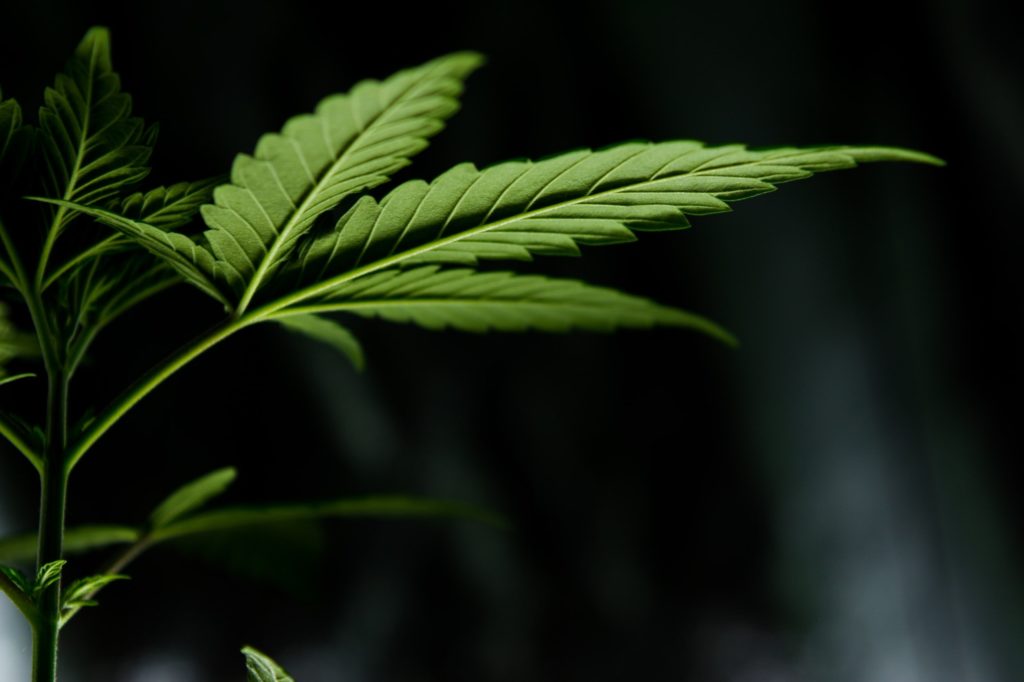2020 was a banner year for cannabis reform in Virginia, with the Commonwealth finally launching its medicinal cannabis program, decriminalizing cannabis possession up to an ounce, making it so that police can no longer search Virginians’ vehicles based on cannabis smell alone, and Governor Ralph Northam announcing that he is—finally—taking legalization seriously.
A major part of legalizing cannabis however, will be reckoning with racial inequities that currently exist when it comes to cannabis use and who is charged and prosecuted for it (the American Civil Liberties Union noted that a Black person is 3.4 times more likely to be arrested for cannabis than a white person). At the end of last month, Governor Northam released “Report to the Virginia General Assembly and Governor of Virginia: Impact on the Commonwealth of Legalizing the Sale and Personal Use of Marijuana,” an almost 500-page report on how to go about legalizing cannabis in the state, written by the Virginia Legalization Workgroup.
A major focus of the report is equity: “Virginia should consider that undoing the harms of criminalization should include expungement or sealing of criminal records, creation and issuance of social equity licenses, assistance with access to capital and business planning, consideration of how the entire regulatory scheme could affect barriers to entry into the industry, and community reinvestment and monitoring with a disparity report,” the report suggested.
Northam’s statement about the report and legalization also mentioned equity: “We will advance new laws to make sure that our Commonwealth legalizes marijuana the right way,” Northam said. “Virginia has studied the experience of other states and this report lays out a path forward that leads with social equity, public health, and public safety.”
In nearby Maryland, which decriminalized cannabis and has an operating medicinal cannabis program, legislators have held up moving forward on legalization precisely because they intend to make sure that it is not in a racially equitable way. As a result, legalization was not introduced during Maryland’s 2020 legislative session though it is likely that it will be put forth in 2021. And as The Outlaw Report has pointed out, while legislators delay legalization to “get it right,” that means people—mostly Black people—continue to go through the system for charges related to something that is imminently legal. Even an increase to Maryland’s decriminalization threshold—moving it from 10 grams to one ounce—did not pass on a state-level.
Virginia it seems is taking these concerns a bit more seriously. Last week, the Virginia Mercury reported on elected officials approaching the issue. Virginia State Delegate Don Scott detailed the contrast between his visit to a medicinal cannabis dispensary and an incident just a few days later where he saw “a young brother get sentenced to five years for possession with intent to distribute marijuana.”
State Senator Jennifer McClellan discussed how expungement should be easy and accessible to all: “If marijuana possession is now legal, then why should your ability to clean the slate be dependent on your ability to hire a lawyer and pay a fee?” McClellan said.
And as AlxNow reported, the Alexandria City Council recently unpacked the reality of legalization and racial equity and focused specifically on how cannabis reform cannot leave behind those with criminal charges or those previously in the underground economy now barred from operating in the aboveground economy.
“My concern is that any revenue generated by [decriminalization] is where those funds are going to,” City Councilperson Canek Aguirre said. “It’s important to stress this going to people whose lives affected [and] who were locked up.”
“We [should] also pay attention to who is getting an opportunity to make revenue from this opportunity,” City Councilperson Tony Chapman said. “Now that it’s legal, [we should see] if there are certain communities where we can make it equitable.”
Read the full report from the Virginia Legalization Workgroup released last month here.

